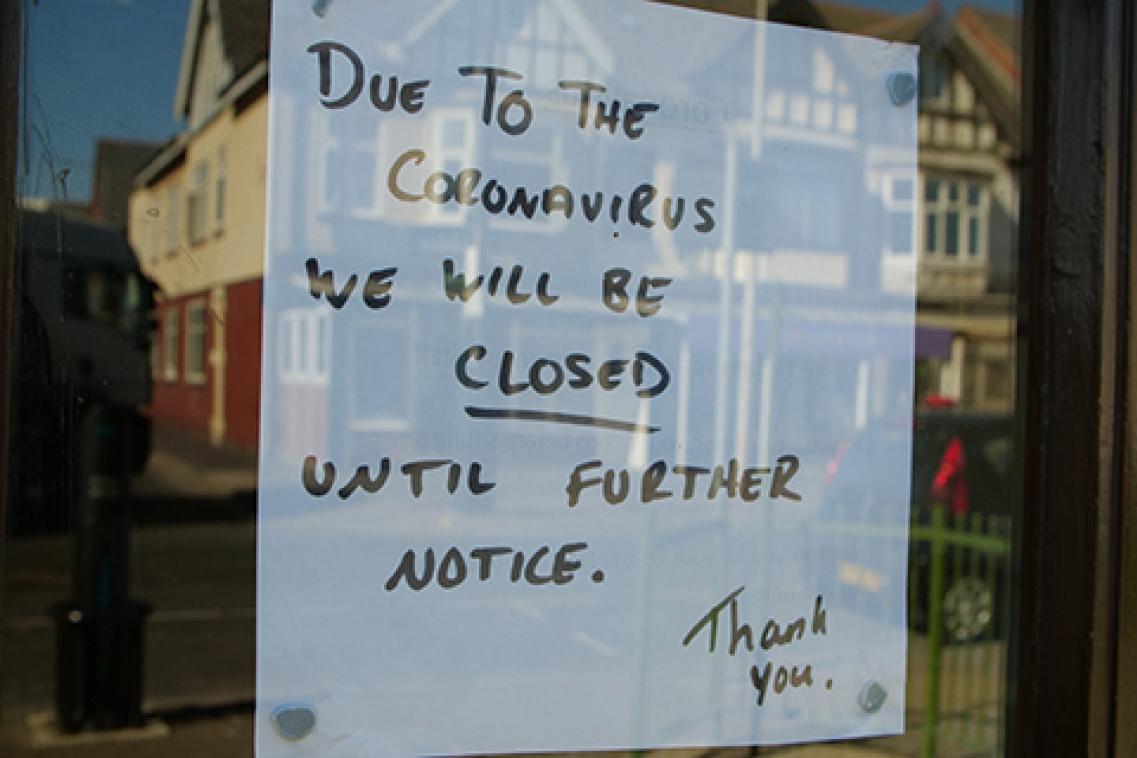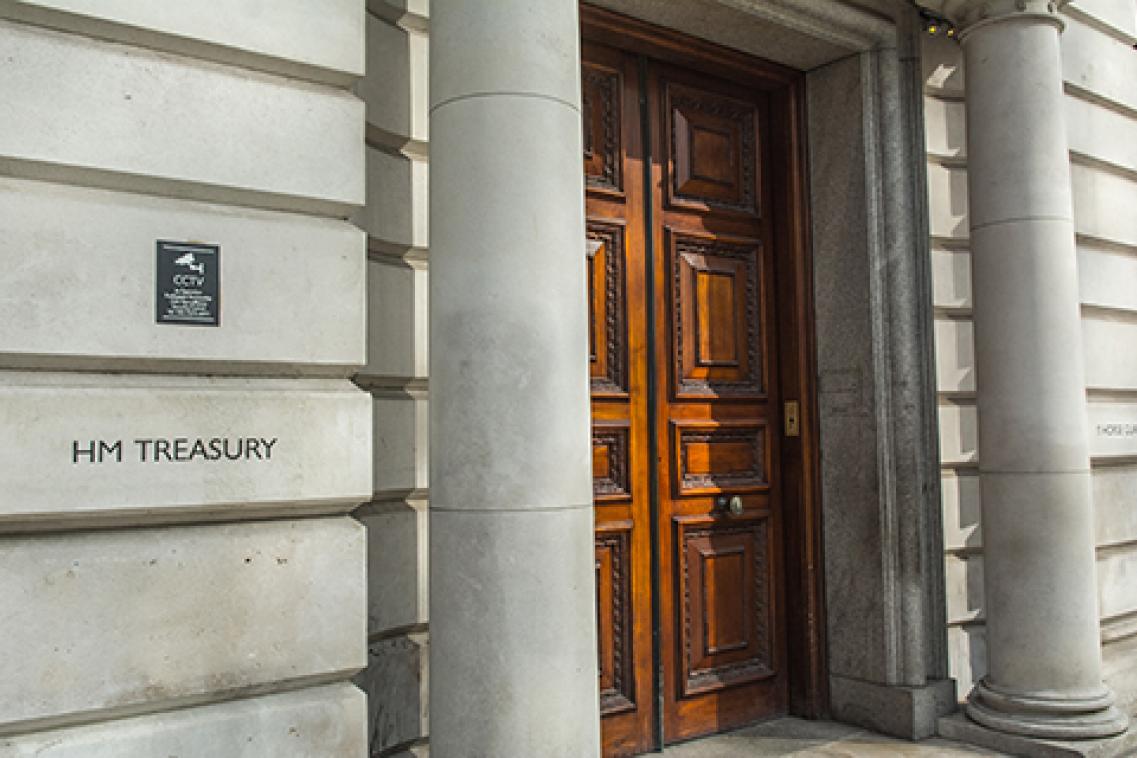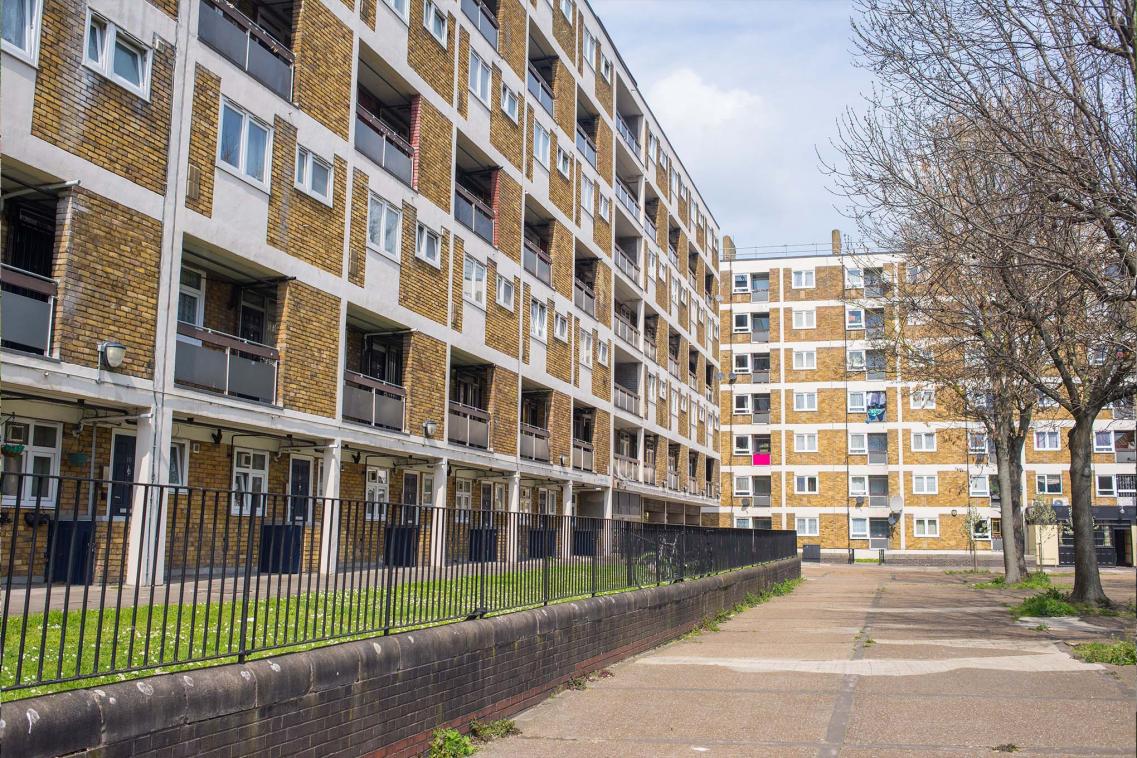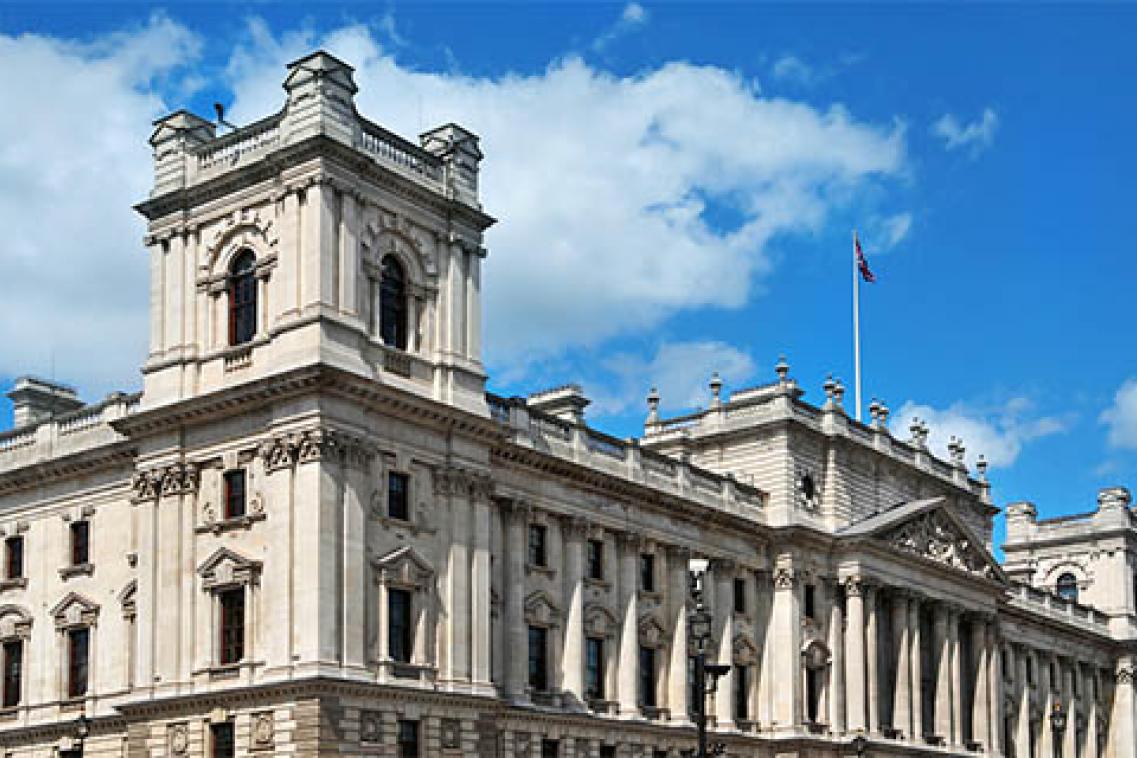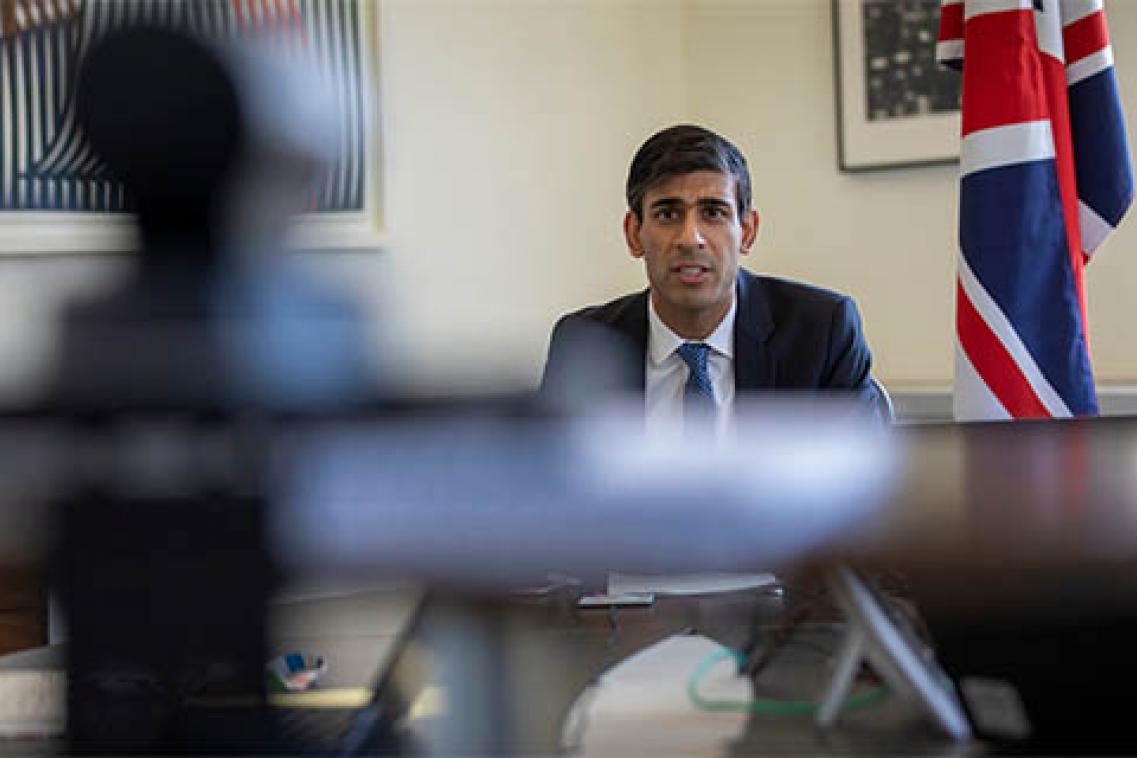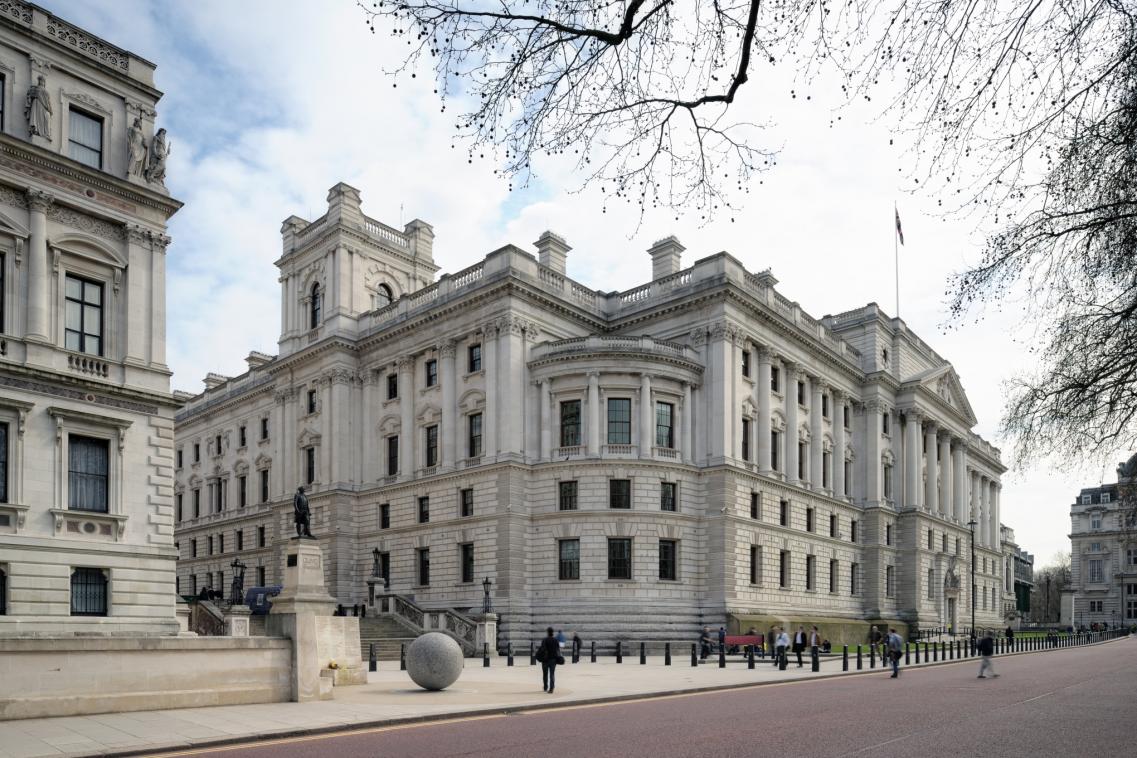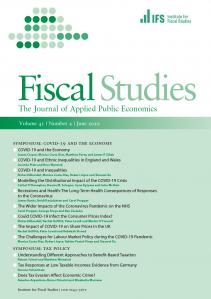Book Chapter
The COVID-19 crisis has pushed up government borrowing substantially, meaning that the Debt Management Office will need to sell a much larger value of gilts than normal. In our central scenario, we forecast the total amount to exceed £1.5 trillion, more than double the Budget forecast in March. While there is tremendous uncertainty around this figure, the total value will easily be the highest in recent history outside of the two world wars.


